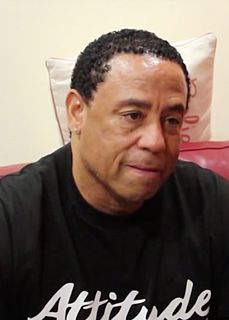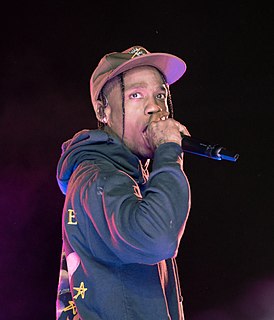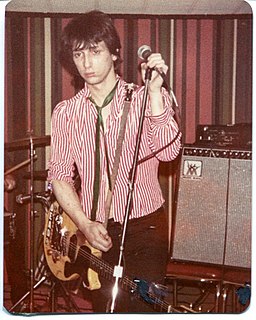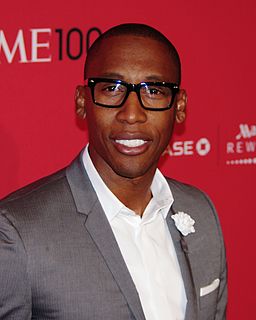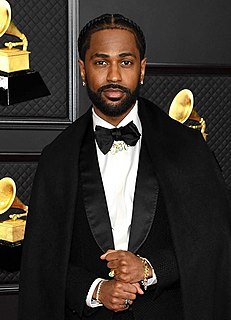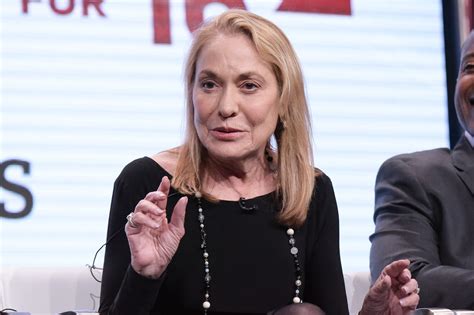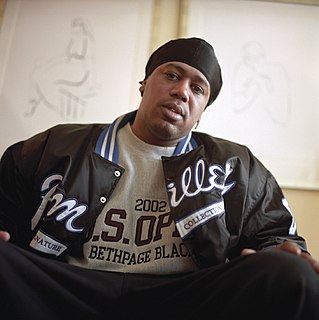A Quote by DJ Yella
It's true, we grew up in a ghetto. To us it wasn't too bad, but the police brutality was like that. You see three or four black kids hanging out, they pull you over, jackin' you, makin' you get down on the ground.
Related Quotes
I sit my three sons down and say, 'Listen to me. When the police stop you, immediately comply. Don't walk away, don't smart-mouth; get your hands up and get down on the ground.' If you're not black, you might not have to have that conversation, but I go over and over it with them because I don't want that phone call.
It's been rough for me trying to find my position in the struggle and where my voice is needed and helpful. You know, I grew up in Philadelphia, and Philadelphia has a really rough police-brutality history. I grew up in a neighborhood where it was very clear that the police were "them" and we were "us".
Kids are probably frustrated and egos are too much involved and kids don't know how to get together and be kids and start a group and it's kind of sad because I feel like if you come out with three or four people in the beginning, you can be protected and everybody can shield each other. Before you get out there by yourself and get all these people coming at you. I just think it's not really there.
People come to L.A. and they expect to see a ghetto like the projects, but that's not the way it's set up. Inglewood, in particular, is the furthest thing from a ghetto. It's a middle-class community, but it's gotten a bad rap over the years... because of 'Grand Canyon' and 'Pulp Fiction' and other films.
In Crash, you've got a pathological cop who at the end justifies police brutality. He tells the naïve, young cop that you're going to end up the same as him. He's the most sympathetic character in the movie. So, the naïve cop ends up murdering this Black kid and tries to cover up the evidence. It sort of justifies police brutality and the planting of evidence which is what happened in the O.J. Simpson case.
You have to know the forces that are against you and that are trying to break you down. We talk about the problems facing the black community: the decimation of the black family; the mass incarceration of the black man; we're talking about the brutality against black people from the police. The educational system.
Sometimes things need to get really bad before they can ever get better. Really bad can become untenable if enough people get sick of it. That was a big thing about why I ended up taking part in that rally [against police brutality] and ended up voicing my opinion and declaring what side I was standing on.
I grew up when people were afraid to 'come out' as gay. If you asked me how many gay kids I grew up with or went to school with, I would have said none - which of course could not have been true. The truth is I have no idea how many confused and frightened kids I grew up with. They are still out there.
